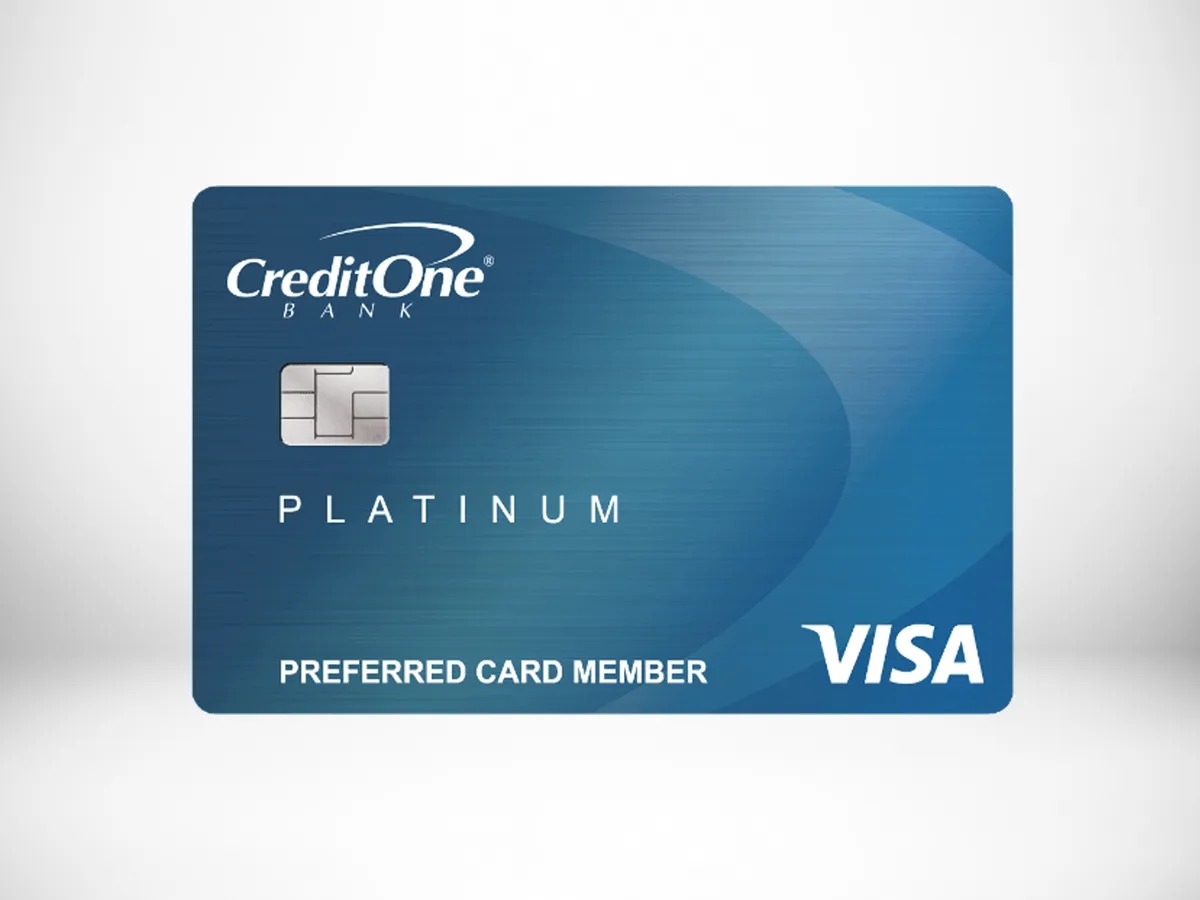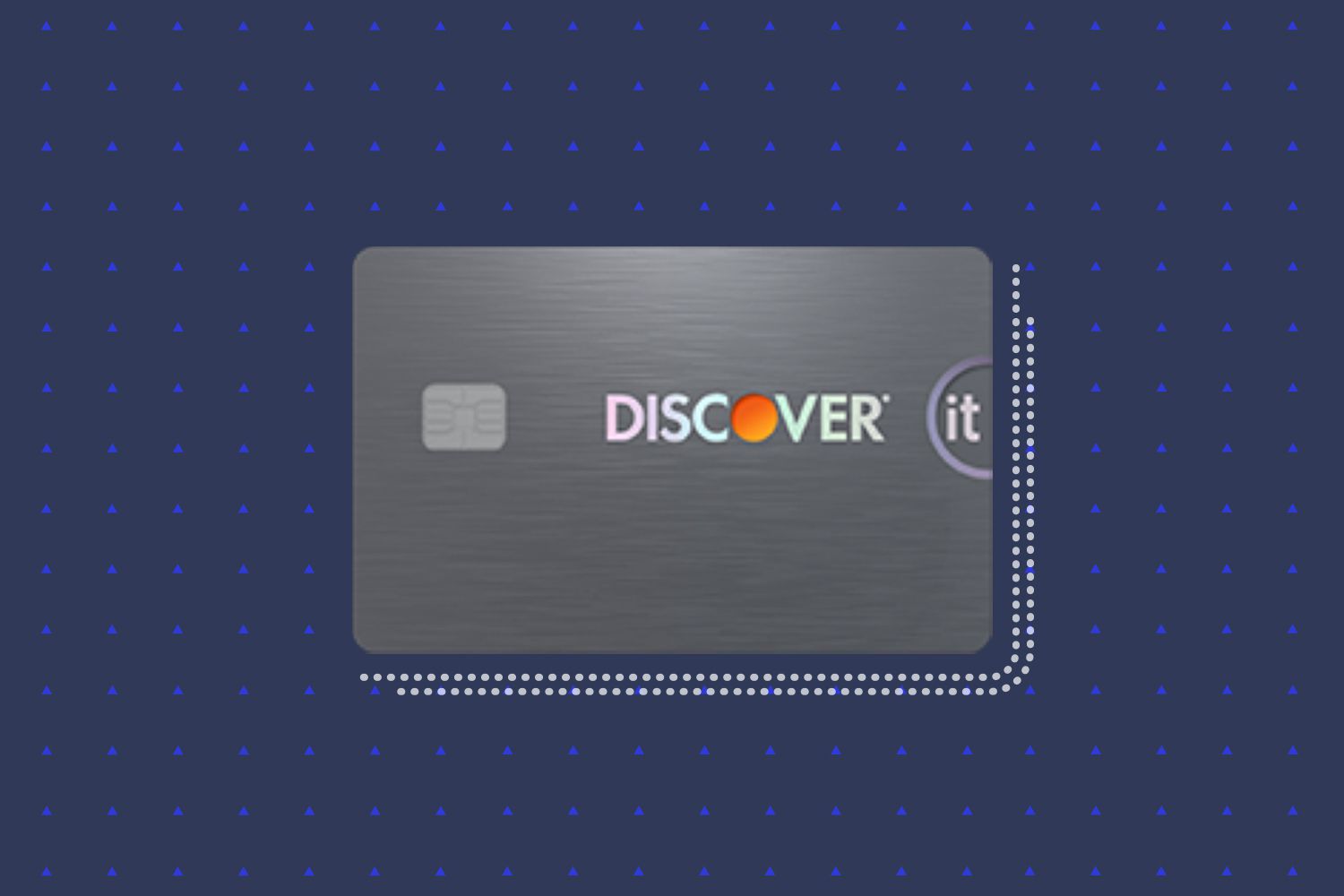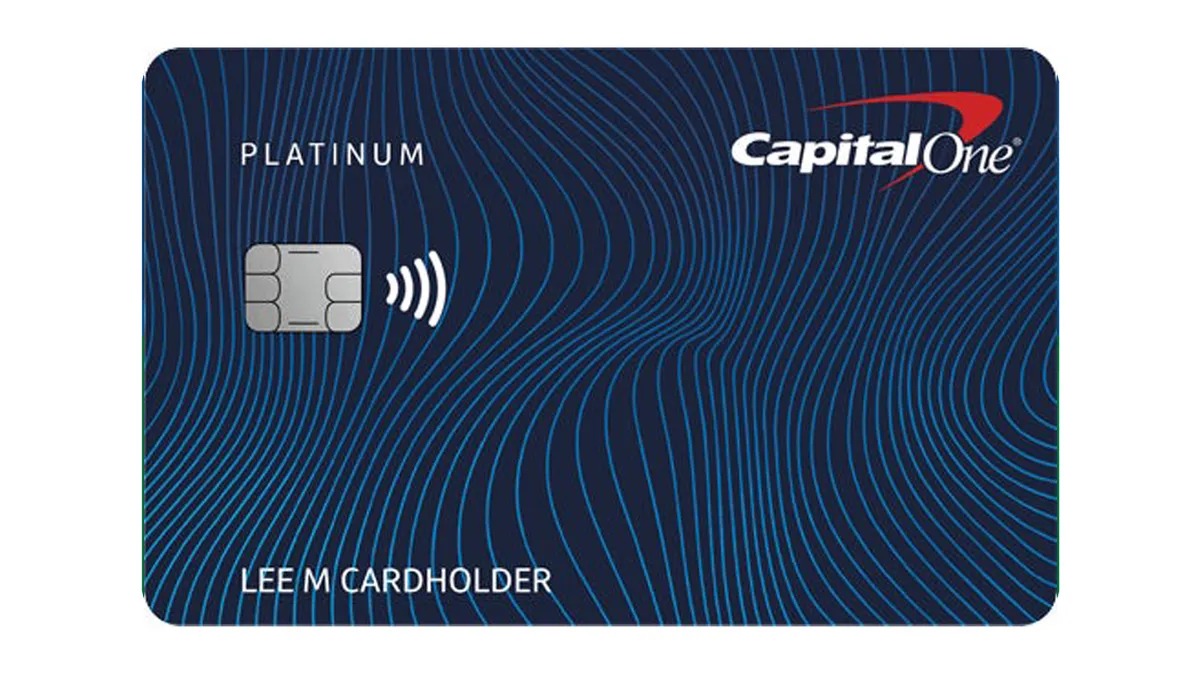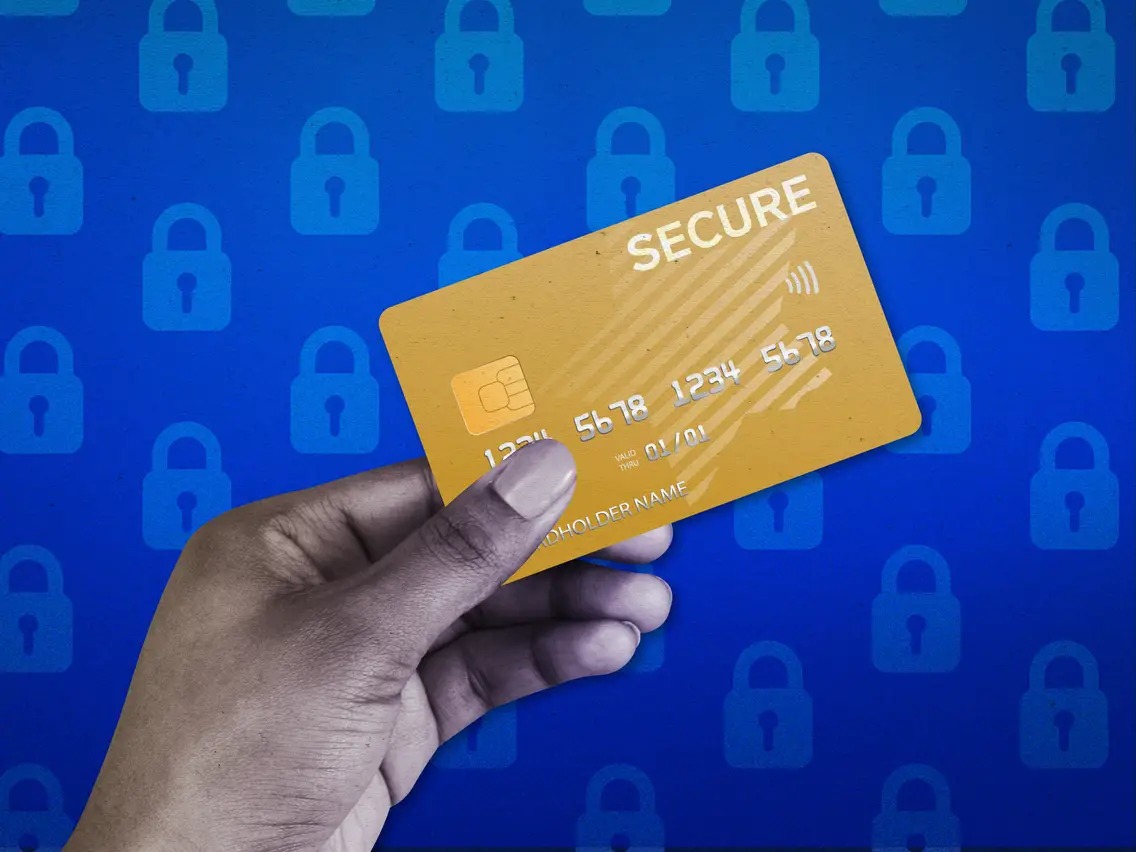Home>Finance>What Is The Minimum Score Required For A Non-Secured Card?


Finance
What Is The Minimum Score Required For A Non-Secured Card?
Published: March 1, 2024
Find out the minimum credit score needed to qualify for a non-secured card in the finance industry. Understand the requirements for obtaining a non-secured credit card.
(Many of the links in this article redirect to a specific reviewed product. Your purchase of these products through affiliate links helps to generate commission for LiveWell, at no extra cost. Learn more)
Table of Contents
**
Introduction
**
In the realm of personal finance, credit score holds substantial significance. It serves as a pivotal factor influencing an individual's ability to secure loans, mortgages, and credit cards. When it comes to non-secured credit cards, the minimum credit score requirement plays a crucial role in determining one's eligibility. Understanding this requirement, along with the factors influencing it, is essential for individuals seeking to build or rebuild their credit.
A non-secured credit card, often referred to as an unsecured credit card, does not necessitate a security deposit. This type of card is extended based on the cardholder's creditworthiness and financial history, making it an attractive option for those aiming to establish or enhance their credit profile. However, the minimum credit score required for approval varies among different credit card companies, and comprehending the underlying factors is fundamental for individuals striving to attain this financial milestone.
In this comprehensive guide, we will delve into the intricacies of non-secured credit cards, elucidate the factors influencing the minimum credit score requirements, outline the specific prerequisites set forth by major credit card companies, and furnish actionable tips for improving credit scores. By the end of this article, readers will gain a comprehensive understanding of the minimum credit score necessary to obtain a non-secured credit card, empowering them to make informed decisions regarding their financial journey.
**
Understanding Non-Secured Cards
**
Non-secured credit cards, also known as unsecured credit cards, are a type of revolving credit that does not require a cash deposit as collateral. These cards are extended to individuals based on their creditworthiness, financial history, and income. Unlike secured credit cards, which mandate a cash deposit as security, non-secured cards provide cardholders with a predetermined credit limit, allowing them to make purchases and repay the borrowed amount over time.
One of the primary advantages of non-secured credit cards is the absence of a required security deposit, making them an accessible option for individuals aiming to establish or rebuild their credit. These cards offer the flexibility to make purchases without tying up funds in a deposit, providing cardholders with greater financial freedom and convenience. Additionally, responsible use of non-secured credit cards can contribute to the improvement of one’s credit score over time, fostering a positive credit history that may facilitate access to favorable loan terms and other financial opportunities.
It is important to note that non-secured credit cards typically entail higher interest rates and fees compared to secured credit cards, as the absence of collateral poses a higher risk to the card issuer. As such, individuals considering non-secured cards should exercise prudent financial management to avoid accruing high-interest debt and fees.
Understanding the distinction between non-secured and secured credit cards is crucial for individuals seeking to make informed decisions regarding their credit options. Non-secured credit cards offer the potential for building or rebuilding credit without necessitating a cash deposit, providing a pathway to financial empowerment for many consumers.
**
Factors Affecting Minimum Score
**
The minimum credit score required for a non-secured credit card is influenced by several key factors that reflect an individual’s creditworthiness and financial stability. Understanding these factors is essential for individuals seeking to attain the minimum score necessary for approval.
- Credit History: The credit history of an applicant is a pivotal determinant of the minimum score required for a non-secured credit card. A history of responsible credit usage, on-time payments, and a low utilization rate can positively impact the likelihood of meeting the minimum score threshold set by credit card companies.
- Payment History: Timely payments on existing credit accounts, such as loans and credit cards, contribute significantly to a positive credit score. Consistent missed or late payments can adversely affect the minimum score required for obtaining a non-secured credit card.
- Credit Utilization: The ratio of credit card balances to credit limits, known as credit utilization, is a critical factor influencing credit scores. Maintaining a low credit utilization ratio demonstrates responsible credit management and can enhance the likelihood of meeting the minimum score requirement for non-secured credit cards.
- Income and Employment Stability: While not directly reflected in credit scores, income and employment stability are considered by credit card companies when evaluating an applicant’s ability to manage credit card payments. A steady income and stable employment history can positively impact an individual’s creditworthiness.
- Debt-to-Income Ratio: The ratio of an individual’s monthly debt payments to their income, known as the debt-to-income ratio, provides insight into their ability to manage additional credit obligations. A lower debt-to-income ratio can contribute to meeting the minimum score requirement for non-secured credit cards.
These factors collectively influence the minimum credit score required for non-secured credit card approval. By proactively managing these elements of their financial profile, individuals can work towards meeting the minimum score threshold and positioning themselves for successful credit card applications.
**
Minimum Score Requirements from Major Credit Card Companies
**
Major credit card companies establish varying minimum credit score requirements for non-secured credit card approval, reflecting their risk tolerance and lending criteria. Understanding these requirements can assist individuals in identifying credit card options aligned with their current credit standing and financial goals.
Chase: Chase, a prominent credit card issuer, offers a range of non-secured credit cards, each with its own minimum credit score requirement. For example, the Chase Freedom® card typically requires a minimum credit score in the good to excellent range, which generally corresponds to FICO® scores of 670 and above. On the other hand, the Chase Sapphire Preferred® Card typically necessitates a higher minimum credit score, often in the very good to excellent range, which translates to FICO® scores of 720 and above.
American Express: American Express, renowned for its premium credit card offerings, maintains stringent credit score requirements for its non-secured cards. The specific minimum credit scores vary across its card portfolio, with entry-level cards typically demanding credit scores in the good to excellent range, while premium cards may require credit scores in the excellent range and above.
Bank of America: Bank of America extends a diverse array of non-secured credit cards, each tailored to different credit profiles. The Bank of America® Cash Rewards Credit Card, for instance, generally specifies a minimum credit score in the fair to good range, providing opportunities for individuals with varying credit backgrounds to obtain a non-secured credit card.
Citi: Citi, another prominent credit card issuer, sets minimum credit score requirements for its non-secured cards based on the specific card offering and the applicant’s credit history. The Citi® Double Cash Card, known for its cash back rewards, typically stipulates a minimum credit score in the good range, while premium cards such as the Citi Prestige® Credit Card may necessitate higher minimum credit scores.
Discover: Discover, recognized for its customer-friendly credit card options, establishes minimum credit score requirements tailored to each card’s features and benefits. The Discover it® Cash Back card, celebrated for its cash back rewards program, often specifies a minimum credit score in the fair range, providing access to non-secured credit cards for individuals working to improve their credit.
Understanding the minimum credit score requirements set by major credit card companies empowers individuals to identify suitable non-secured credit card options aligned with their current credit standing and financial objectives. By leveraging this knowledge, individuals can make informed decisions when pursuing non-secured credit cards that complement their financial needs and aspirations.
**
Tips for Improving Credit Score
**
Improving one’s credit score is a proactive endeavor that can enhance financial opportunities and pave the way for obtaining a non-secured credit card. Implementing strategic measures to bolster creditworthiness is instrumental in achieving a favorable credit score that meets the minimum requirements for credit card approval.
- Monitor Credit Reports: Regularly reviewing credit reports from major bureaus enables individuals to identify errors, inaccuracies, or fraudulent activities that may impact their credit score. Addressing these issues promptly can prevent unwarranted negative effects on credit scores.
- Timely Payments: Consistently making on-time payments for existing credit accounts, loans, and bills is paramount for maintaining a positive credit history. Timely payments demonstrate responsible financial behavior and contribute to a favorable credit score.
- Manage Credit Utilization: Keeping credit card balances low in proportion to credit limits, ideally below 30%, can positively impact credit scores. Responsible credit utilization reflects prudent credit management and can elevate creditworthiness.
- Diversify Credit Mix: Incorporating diverse types of credit, such as installment loans and revolving credit, into one’s financial portfolio can contribute to a well-rounded credit profile. This diversity showcases the ability to manage various credit obligations effectively.
- Avoid Opening Multiple Accounts: Opening numerous new credit accounts within a short timeframe can potentially lower credit scores. Prudent credit management involves judiciously applying for new credit and minimizing unnecessary credit inquiries.
- Address Outstanding Debts: Effectively managing and reducing outstanding debts, such as credit card balances and loans, demonstrates financial responsibility and can positively impact credit scores over time.
- Utilize Credit-Building Tools: Secured credit cards, credit builder loans, and becoming an authorized user on a responsible cardholder’s account are viable options for building or rebuilding credit. These tools can aid in establishing a positive credit history and improving credit scores.
By implementing these proactive strategies, individuals can embark on a journey to enhance their creditworthiness and elevate their credit scores. As credit scores improve, the likelihood of meeting the minimum requirements for non-secured credit card approval increases, opening doors to enhanced financial flexibility and opportunities.
**
Conclusion
**
Understanding the minimum credit score required for a non-secured credit card is a fundamental aspect of managing one’s financial journey. Non-secured credit cards offer individuals the opportunity to access credit without the need for a security deposit, making them an attractive option for building or rebuilding credit. By comprehending the factors influencing minimum credit score requirements and familiarizing themselves with the specific prerequisites set by major credit card companies, individuals can navigate the path to securing a non-secured credit card more effectively.
Factors such as credit history, payment behavior, credit utilization, income stability, and debt management collectively influence the minimum credit score necessary for non-secured credit card approval. Proactively managing these elements of one’s financial profile can contribute to meeting the minimum score threshold and positioning oneself for successful credit card applications.
Moreover, individuals can leverage actionable tips for improving their credit score, such as monitoring credit reports, making timely payments, managing credit utilization, and diversifying their credit mix. These proactive measures empower individuals to enhance their creditworthiness, thereby increasing the likelihood of meeting the minimum requirements for non-secured credit card approval.
By integrating these insights and strategies into their financial planning, individuals can embark on a path toward improved credit scores and enhanced access to non-secured credit cards. As credit scores ascend, the potential for securing favorable credit card offerings and expanding financial opportunities becomes attainable, fostering greater financial empowerment and flexibility.
In conclusion, the journey to attaining the minimum credit score required for a non-secured credit card is underscored by informed decision-making, proactive credit management, and a commitment to enhancing creditworthiness. By embracing these principles, individuals can navigate the credit landscape with confidence, ultimately realizing their aspirations for a robust and thriving financial future.














